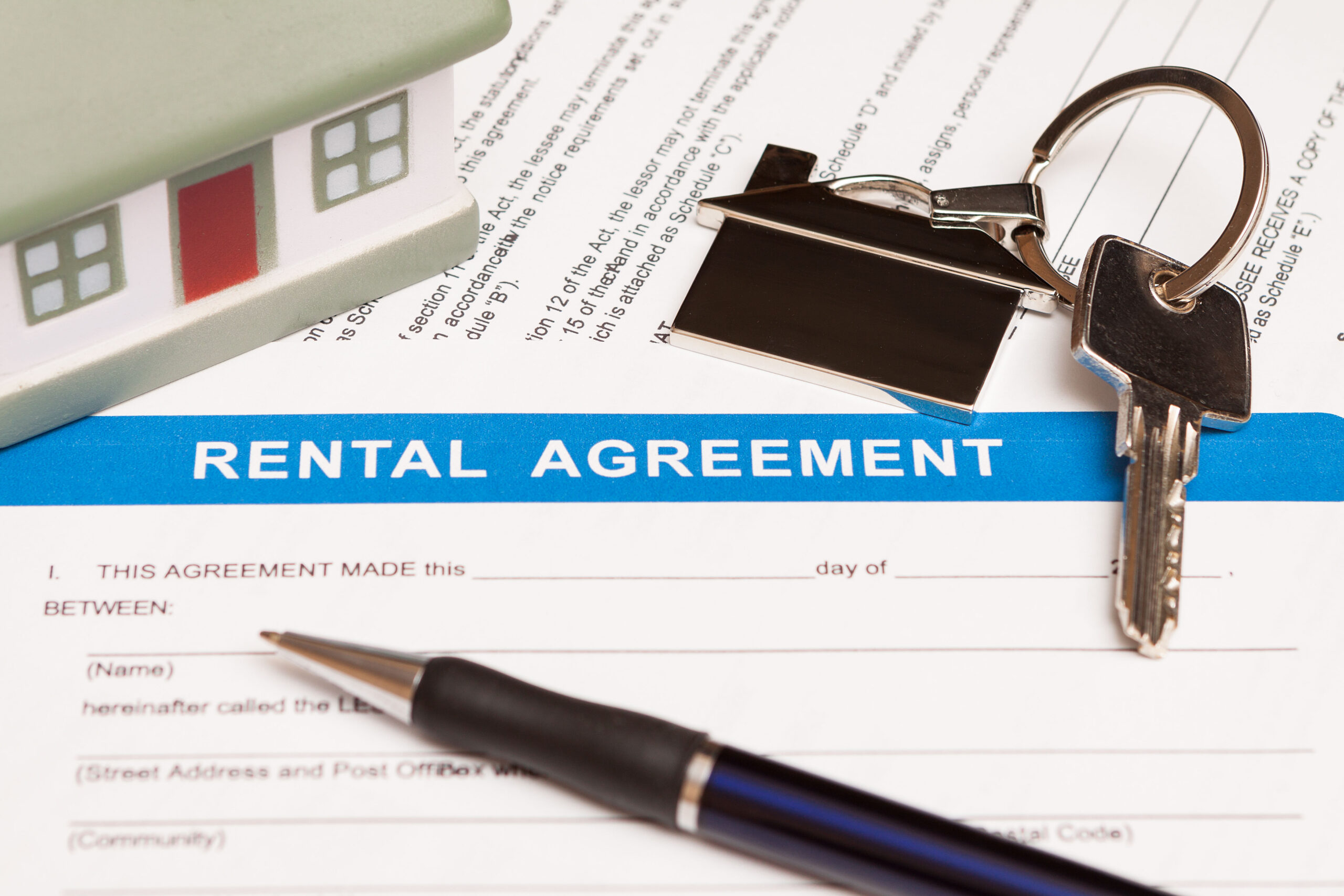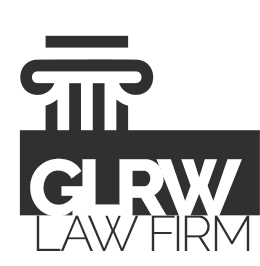
21 Feb Do You Need a Lease to Rent a Home in New Jersey?
Lease laws vary based on the state. In New Jersey, the rules usually depend on how long the lease will last. You need to understand several aspects of tenant law if you’re considering moving to New Jersey. A landlord-tenant attorney can also help you understand New Jersey law. Here’s what you need to know about renting without a lease.
Oral Agreements
Like many states, New Jersey law does recognize oral agreements. For example, if you and a landlord agree on a specific move-in date or amount for rent, the law will also acknowledge those. However, oral agreements can be challenging to prove if there’s a dispute. The lack of evidence is often problematic if you head to court with a landlord-tenant attorney.
Length of Lease
How long the lease is determines whether a written or oral agreement is required. A verbal agreement will suffice for a few months, in our professional experience. However, longer tenancies require a written lease. According to DoorLoop, the law requires the landlord to create a written lease if the tenancy is longer than 12 months.
Written Lease
A written lease is often preferred and recommended by a landlord-tenant attorney. This ensures you have evidence regarding the rent amount, due dates, policies, and anything else the landlord may evict you for. You can use a written agreement to help fight an unfair eviction or protect your tenant’s rights.
Written Contract
If you don’t get a written lease because you’re staying for a short time, consider a written contract, detailing the policies and rules regarding your stay. For example, it can state whether pets are allowed on the premises. The contract can also state what you are responsible for and the landlord’s duties. This can help protect you if there’s a dispute.
Present Witness
If you don’t get a written contract or lease, consider having a witness present when you verbally agree. If you head to court over a dispute, this will give you a better defense. However, remember that it might not be enough to fight an eviction. Consider having a professional attorney sit in on the agreement to protect you.
Understanding New Jersey real estate laws ensures you don’t get wrongfully evicted. We understand the importance of you having a place to stay, and our team of attorneys will always keep your best interest in mind. Contact Greenblatt, Lieberman, Richards, & Weishoff, LLC today to learn how we can help you.



Sorry, the comment form is closed at this time.